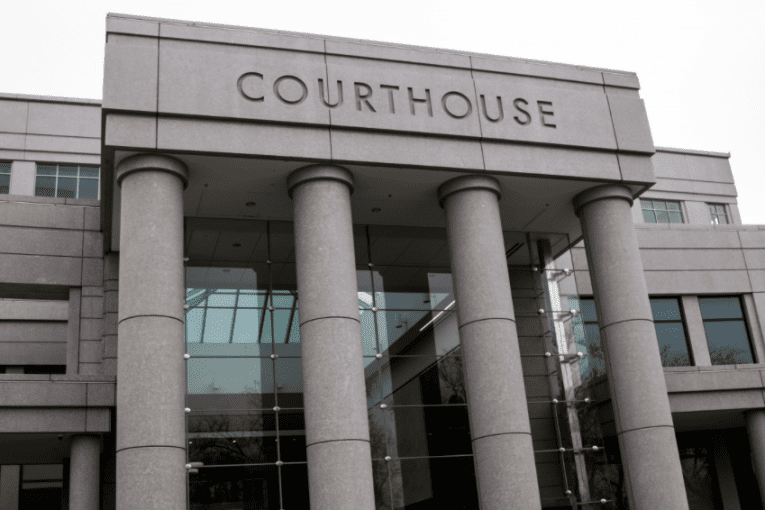
WOODLAND, CA – In a pre-trial hearing Friday in the Harry Stanley domestic violence case, Judge Tom M. Dyer of Yolo County Superior Court decided to allow Megan Duncanson’s 911 call to be entered into evidence.
The ruling was made over arguments about inconsistencies and fabrications in the statements.
The accused, whose trial starts Monday, Oct. 21, is charged with intent to terrorize, inflicting corporal injury on spouse, and assault by force likely to produce great bodily injury.
He was originally taken into custody after his wife made a 911 call on July 9, stating she feared for her life. He was released on bail, but taken into custody again after his wife was found dead two days later. Her death was later ruled a suicide by the coroner’s office.
The statements made by the wife in the 911 call, and to medical personnel following the incident, were not previously admissible as evidence under the hearsay rule.
According to Deputy District Attorney Michelle Serafin, the statements on the 911 call were made within days of the original incident, and described the situation and injuries obtained.
The DDA also emphasized that there is no indication of law enforcement being present when statements were made to medical personnel. DDA Serafin used this information to argue the statements should be exempt from the hearsay rule under Evidence Code § 1370.
Deputy Public Defender Monica Cavazos Brushia argued medical personnel knew of the wife being brought in by law enforcement, and thus statements made to them were not intended to aid treatment.
She emphasized how the court had previously indicated the amount of time that had passed between the 911 call and the statements made at the hospital was an issue, thus a Crawford analysis was needed.
DPD Brushia also asserted there was evidence of fabrication in the 911 call, citing the statement of “tell him the neighbors called.” She said the statements made in the hospital displayed reflection and deliberation.
Then, DPD Brushia pointed out inconsistencies in the statements, quoting the wife stating that “he was choking me,” and “I have a mild concussion.” According to DPD Brushia there was no evidence of bruising or concussion that would support those claims.
DPD Brushia used these inconsistencies and fabrication to claim there was not enough evidence to conclude whether the alleged victim was trustworthy, and thus the statements made by her should not be admissible as evidence.
Following this, Judge Dyer stated Duncanson’s tone of voice over the 911 call indicated a present sense of fear, and despite the fact that she had a conflicted motive, law enforcement personnel had found her “cowering on the ground” in fear.
Judge Dyer overruled his own prior decision to not allow these statements in as evidence, stating that under the circumstances, Evidence Code § 1370 applied and the statements made over the 911 call would be admissible as evidence.